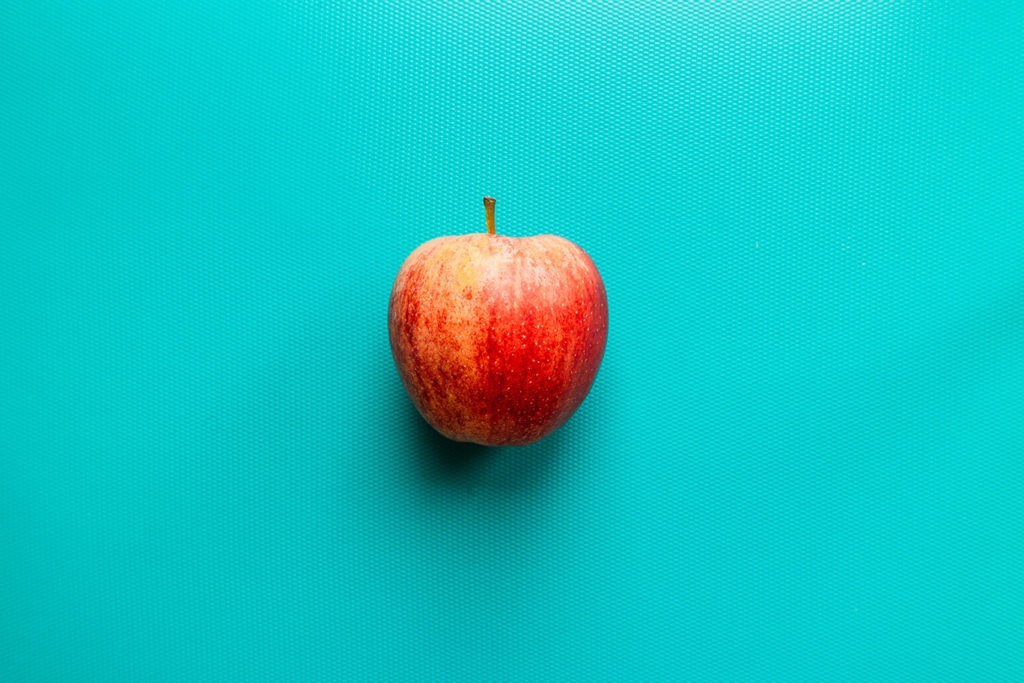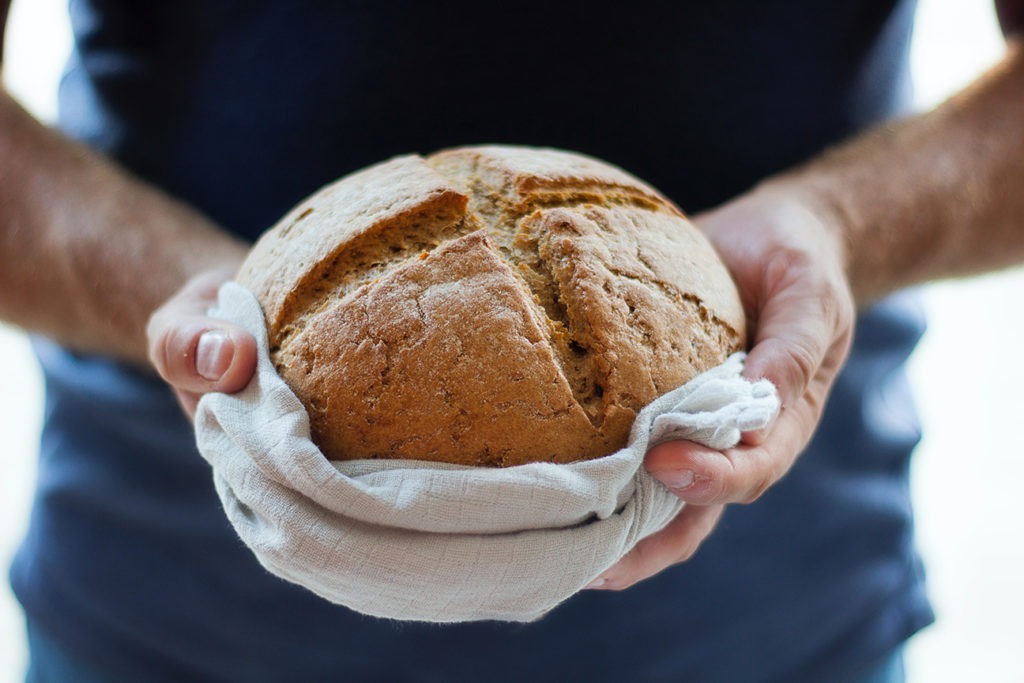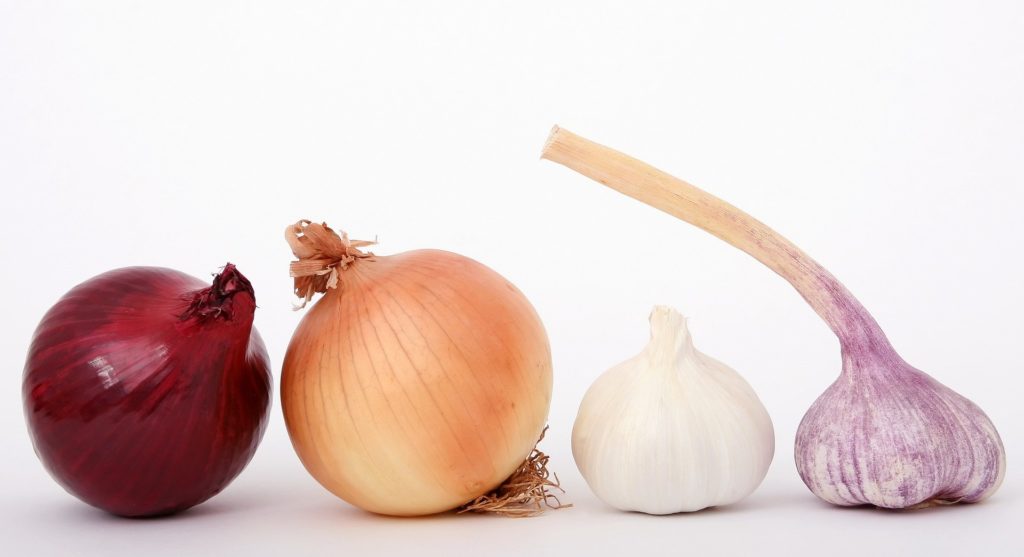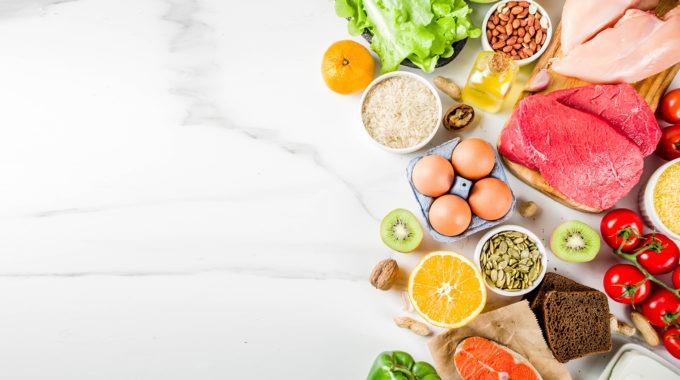The lowdown on the low FODMAP diet
If you’ve spent any time on social media, you’ve probably heard of the low FODMAP diet. But unlike other trending “diets”, this one is not a passing fad. It’s also not meant for weight loss… and it’s also definitely not meant for everyone.
FODMAP is an acronym for fermentable oligosaccharides, disaccharides, monosaccharides and polyols. This is a group of sugars that are not completely digested or absorbed in the small intestine. While most of us can eat foods containing FODMAPs without any issue or concern, for the 15 to 20 percent of Australians who have irritable bowel syndrome (IBS), they can cause pain, distress and embarrassment.
When FODMAPs reach the small intestine, they move slowly, which attracts water. When they pass into the large intestine, FODMAPs are fermented by the bacteria living in the gut, which produces gas. This extra gas and water cause the intestinal wall to stretch and expand. Because people with IBS have a very sensitive gut, this “stretching” of the intestines can trigger symptoms of IBS, causing pain and discomfort.

Which foods contain FODMAPs?
FODMAPs are naturally present in a wide range of highly nutritious foods, including fruits and vegetables, breads and cereals, nuts and legumes. They’re also found in unhealthy foods like lollies. Because FODMAPs are found in wheat-containing foods such as bread, many people who think they’re intolerant to gluten are actually intolerant to a FODMAP.
“People will think that gluten is the problem and that’s what’s causing their GI symptoms,” says dietitian and gut health expert Chloe McLeod. “However, in a lot of cases, it could be any of the FODMAPs. In particular, it’s most likely to be wheat. Wheat contains something called a wheat fructan which is a type of FODMAP.”

Should I go on the low FODMAP diet?
Following a low-FODMAP diet is not going to benefit you if you’re not intolerant. In fact, it’s not advisable to do so unless you really need to.
“I wouldn’t recommend it,” McLeod says. “Many of the higher FODMAP foods contain prebiotics, which feed the healthy bacteria in our gut.
“Even for people with IBS, following a strict low-FODMAP diet in the long-term is not recommended. That’s because it’s an intolerance, not an allergy. So, it’s not about avoiding FODMAPs long-term; it’s about working out when your individual tolerance level lies, so that you’re able to better manage your symptoms.”

What should I do if I think I’m FODMAP-intolerant?
Rather than try to figure things out on your own, and potentially cut out nutritious foods unnecessarily in the process, it’s a good idea to consult with a dietitian.
“There’s a very clear protocol to move through, which involves eliminating and then reintroducing the different types of foods containing FODMAPs, to work out which one you’re sensitive to,” McLeod says.
“By doing that, you then know which foods or food groups are going to be triggers for you, which is going to make management of IBS significantly easier in the long term. It also means that you’re not potentially restricting foods unnecessarily.”

FODMAP online resources
McLeod has created The FODMAP Challenge. This online course takes people through the elimination and reintroduction process in a simple and affordable way.
“It helps people figure out which types of FODMAP they’re sensitive to,” McLeod says. “It’s all evidence-based. And it’s done online because I recognise that for many people, seeing a dietitian who specialises in IBS is not necessarily possible due to price or geography. Also, because there’s so much misinformation online, I wanted to create something that I feel confident sending people to. Because I know the information is correct.”
You can also find out more about the FODMAP content of foods with the Monash University FODMAP Diet App. The team at Monash are experts in this area; the app uses a simple traffic light system to indicate whether foods are low, moderate or high in FODMAPs.
There are also products available for the FODMAP-intolerant. To easily identify which products are FODMAP-friendly, head to fodmapfriendly.com. This site lists a wide range of foods, drinks and snacks, including Fodbods, which McLeod has personally endorsed.









